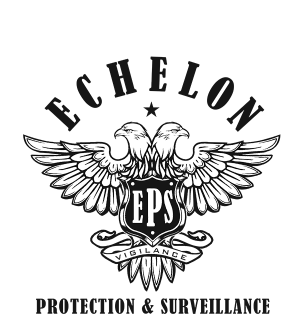 Organizing an event in Philadelphia, a city known for its vibrant culture and bustling streets, requires meticulous planning, especially when it comes to managing traffic. The success of any event is not just measured by the content and the turnout but also by how smoothly attendees can access and depart from the venue.
Organizing an event in Philadelphia, a city known for its vibrant culture and bustling streets, requires meticulous planning, especially when it comes to managing traffic. The success of any event is not just measured by the content and the turnout but also by how smoothly attendees can access and depart from the venue.
This guide provides essential strategies for effective traffic management, ensuring your event runs without a hitch and leaves a positive impression on all who attend.
Start with a Comprehensive Traffic Plan
Developing a detailed traffic management plan is the first step toward ensuring the smooth flow of vehicles and pedestrians. This plan should account for all possible scenarios, including peak arrival and departure times, and should be designed to minimize congestion. Collaborating with local authorities can provide insights into potential road closures, traffic patterns, and other logistical considerations unique to Philadelphia.
Assess the Venue and Surrounding Areas
A thorough assessment of the venue and its surroundings is crucial. Identify key entry and exit points, potential bottlenecks, and suitable areas for parking. Consider the event’s size, expected attendance, and the layout of nearby streets to devise a traffic flow that reduces bottlenecks and allows for quick emergency access if needed.
Implement Effective Signage and Wayfinding
Clear, visible signage is essential for directing traffic and helping attendees navigate parking areas and pedestrian routes. Signs should be placed at strategic locations to guide guests efficiently and reduce confusion. Additionally, wayfinding aids can assist in managing pedestrian flow within the venue, ensuring safety and accessibility for all attendees.
Leverage Professional Traffic Control Services
Partnering with a professional security firm that offers traffic control services can significantly enhance your event’s safety and efficiency. Certified officers trained in traffic management, emergency response, and crowd control can address concerns swiftly, maintaining order and safety throughout the event.
Utilize a Skilled Event Staff
A well-coordinated event staff is key to executing your traffic plan effectively. Security personnel should be positioned at critical points to manage the flow of vehicles and pedestrians, assist with parking, and respond to any incidents. Their presence not only ensures compliance with your traffic management strategy but also provides a sense of security for your guests.
Plan for Parking and Shuttle Services
Adequate parking is a critical component of traffic management. If the venue lacks sufficient on-site parking, consider arranging off-site parking with shuttle services to and from the venue. This approach can alleviate congestion and provide a convenient option for attendees, enhancing their overall event experience.
Foster Communication and Coordination
Effective communication among event staff, security personnel, and local authorities is vital for managing traffic smoothly. Establish clear channels of communication and ensure all parties are informed of their roles and responsibilities. Coordination with local transportation agencies can also help manage public transit options for attendees, further easing traffic concerns.
Monitor and Adapt
Even the best-laid plans may require adjustments on the day of the event. Monitoring traffic flow in real-time allows you to identify issues and implement changes as needed. This proactive approach ensures that any potential disruptions are minimized, maintaining a positive experience for attendees.
In conclusion, managing traffic at your Philadelphia event demands careful planning, coordination, and the right support. By assessing the venue, implementing effective signage, leveraging professional traffic control services, and planning for parking and shuttles, you can ensure that your event is accessible, safe, and enjoyable for all. Remember, the smoother the traffic flow, the more likely your event will be remembered for the right reasons.


